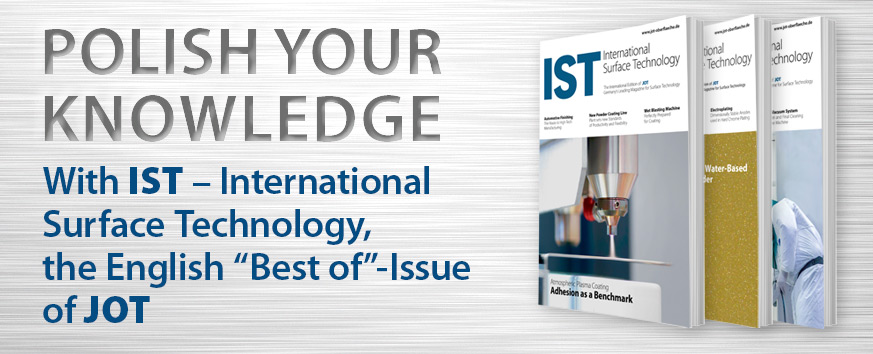Until now, cell producers have usually coated their battery electrodes in a complex wet-chemical process. First, they mix the active materials, which will later release the stored energy, with special additives to form a paste. They add organic solvents, which are expensive and predominantly toxic. In order to protect the factory workers and the environment, elaborate precautions for occupational safety and reprocessing are necessary. If the paste is applied to thin metal foils, it must also be dried before further processing. The dry coating production process developed by researchers at the Fraunhofer Institute for Material and Beam Technology IWS in Dresden (Germany) does not require these ecologically questionable and cost-intensive process steps. A Finnish company is already successfully testing the new technology in practice: BroadBit Batteries, together with the IWS, has put a pilot plant into operation at its factory in Espoo that coats electrodes using the dry film process and thus produces innovative sodium ion batteries. The process can also be used to process electrode materials for which wet-chemical methods fail. These include, for example, energy storage systems that use sulfur as an active material or so-called solid-state batteries that use ion-conducting solids instead of flammable liquid electrolytes.
Autor(en): Wi




